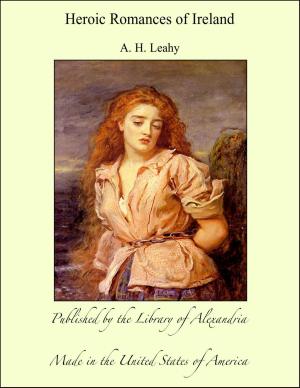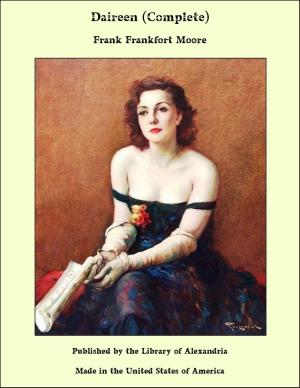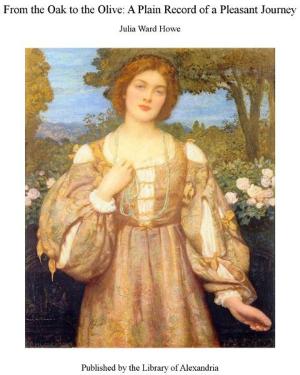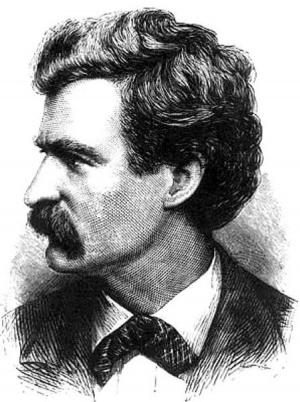| Author: | George Grote | ISBN: | 9781465613356 |
| Publisher: | Library of Alexandria | Publication: | March 8, 2015 |
| Imprint: | Language: | English |
| Author: | George Grote |
| ISBN: | 9781465613356 |
| Publisher: | Library of Alexandria |
| Publication: | March 8, 2015 |
| Imprint: | |
| Language: | English |
In my preceding work, Plato and the Other Companions of Sokrates, I described a band of philosophers differing much from each other, but all emanating from Sokrates as common intellectual progenitor; all manifesting themselves wholly or principally in the composition of dialogues; and all living in an atmosphere of Hellenic freedom, as yet untroubled by any over-ruling imperial ascendancy from without. From that band, among whom Plato is facilč princeps, I now proceed to another, among whom the like pre-eminence belongs to Aristotle. This second band knew the Sokratic stimulus only as an historical tradition; they gradually passed, first from the Sokratic or Platonic dialogue dramatic, colloquial, cross-examining to the Aristotelian dialogue, semi-dramatic, rhetorical, counter-expository; and next to formal theorizing, ingenious solution and divination of special problems, historical criticism and abundant collections of detailed facts: moreover, they were witnesses of the extinction of freedom in Hellas, and of the rise of the Macedonian kingdom out of comparative nullity to the highest pinnacle of supremacy and mastership. Under the successors of Alexander, this extraneous supremacy, intermeddling and dictatorial, not only overruled the political movements of the Greeks, but also influenced powerfully the position and working of their philosophers; and would have become at once equally intermeddling even earlier, under Alexander himself, had not his whole time and personal energy been absorbed by insatiable thirst for eastern conquest, ending with an untimely death. Aristotle was born at Stageira, an unimportant Hellenic colony in Thrace, which has obtained a lasting name in history from the fact of being his birthplace. It was situated in the Strymonic Gulf, a little north of the isthmus which terminates in the mountainous promontory of Athos; its founders were Greeks from the island of Andros, reinforced afterwards by additional immigrants from Chalkis in Euba. It was, like other Grecian cities, autonomous a distinct, self-governing community; but it afterwards became incorporated in the confederacy of free cities under the presidency of Olynthus. The most material feature in its condition, at the period of Aristotles birth, was, that it lay near the frontier of Macedonia, and not far even from Pella, the residence of the Macedonian king Amyntas (father of Philip). Aristotle was born, not earlier than 392 B.C., nor later than 385-384 B.C. His father, Nikomachus, was a citizen of Stageira, distinguished as a physician, author of some medical works, and boasting of being descended from the heroic gens of the Asklepiads; his mother, Phaestis, was also of good civic family, descended from one of the first Chalkidian colonists.1Moreover, Nikomachus was not merely learned in his art, but was accepted as confidential physician and friend of Amyntas, with whom he passed much of his time a circumstance of great moment to the future career of his son. We are told that among the Asklepiads the habit of physical observation, and even manual training in dissection, were imparted traditionally from father to son, from the earliest years, thus serving as preparation for medical practice when there were no written treatises to study. The mind of Aristotle may thus have acquired that appetite for physiological study which so many of his treatises indicate.
In my preceding work, Plato and the Other Companions of Sokrates, I described a band of philosophers differing much from each other, but all emanating from Sokrates as common intellectual progenitor; all manifesting themselves wholly or principally in the composition of dialogues; and all living in an atmosphere of Hellenic freedom, as yet untroubled by any over-ruling imperial ascendancy from without. From that band, among whom Plato is facilč princeps, I now proceed to another, among whom the like pre-eminence belongs to Aristotle. This second band knew the Sokratic stimulus only as an historical tradition; they gradually passed, first from the Sokratic or Platonic dialogue dramatic, colloquial, cross-examining to the Aristotelian dialogue, semi-dramatic, rhetorical, counter-expository; and next to formal theorizing, ingenious solution and divination of special problems, historical criticism and abundant collections of detailed facts: moreover, they were witnesses of the extinction of freedom in Hellas, and of the rise of the Macedonian kingdom out of comparative nullity to the highest pinnacle of supremacy and mastership. Under the successors of Alexander, this extraneous supremacy, intermeddling and dictatorial, not only overruled the political movements of the Greeks, but also influenced powerfully the position and working of their philosophers; and would have become at once equally intermeddling even earlier, under Alexander himself, had not his whole time and personal energy been absorbed by insatiable thirst for eastern conquest, ending with an untimely death. Aristotle was born at Stageira, an unimportant Hellenic colony in Thrace, which has obtained a lasting name in history from the fact of being his birthplace. It was situated in the Strymonic Gulf, a little north of the isthmus which terminates in the mountainous promontory of Athos; its founders were Greeks from the island of Andros, reinforced afterwards by additional immigrants from Chalkis in Euba. It was, like other Grecian cities, autonomous a distinct, self-governing community; but it afterwards became incorporated in the confederacy of free cities under the presidency of Olynthus. The most material feature in its condition, at the period of Aristotles birth, was, that it lay near the frontier of Macedonia, and not far even from Pella, the residence of the Macedonian king Amyntas (father of Philip). Aristotle was born, not earlier than 392 B.C., nor later than 385-384 B.C. His father, Nikomachus, was a citizen of Stageira, distinguished as a physician, author of some medical works, and boasting of being descended from the heroic gens of the Asklepiads; his mother, Phaestis, was also of good civic family, descended from one of the first Chalkidian colonists.1Moreover, Nikomachus was not merely learned in his art, but was accepted as confidential physician and friend of Amyntas, with whom he passed much of his time a circumstance of great moment to the future career of his son. We are told that among the Asklepiads the habit of physical observation, and even manual training in dissection, were imparted traditionally from father to son, from the earliest years, thus serving as preparation for medical practice when there were no written treatises to study. The mind of Aristotle may thus have acquired that appetite for physiological study which so many of his treatises indicate.















